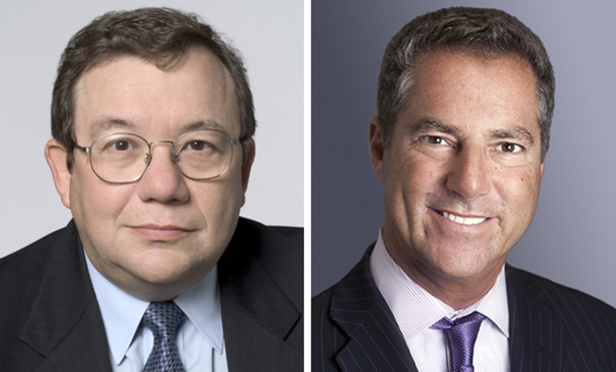This month, we discuss Poventud v. City of New York,1 in which the U.S. Court of Appeals for the Second Circuit, sitting en banc, considered whether a plaintiff whose initial conviction was tainted by disclosure violations under Brady v. Maryland2 could pursue a 42 U.S.C. §1983 claim despite having pleaded guilty to lesser offenses in a second trial. The court weighed whether Heck v. Humphrey3—in which the U.S. Supreme Court ruled that plaintiffs in §1983 suits may not seek damages by challenging existing convictions—barred a §1983 suit relating to plaintiff’s factually related but previously vacated conviction. In a majority opinion by Judge Richard C. Wesley, joined by eight other judges, the court held that the claim was not barred because the suit was aimed at procedural harms and did not necessarily imply that plaintiff’s standing guilty plea was invalid.
The case is notable for the disparate views it generated among the members of the court: Judge Gerard E. Lynch and Judge Raymond J. Lohier, who both joined the majority opinion, each wrote a concurring opinion; Lohier’s concurrence was joined by five judges. Judge Denny Chin concurred in part and dissented in part. Five other judges dissented, with Judge Dennis Jacobs and Judge Debra Ann Livingston each writing opinions joined by all the other dissenting judges.



